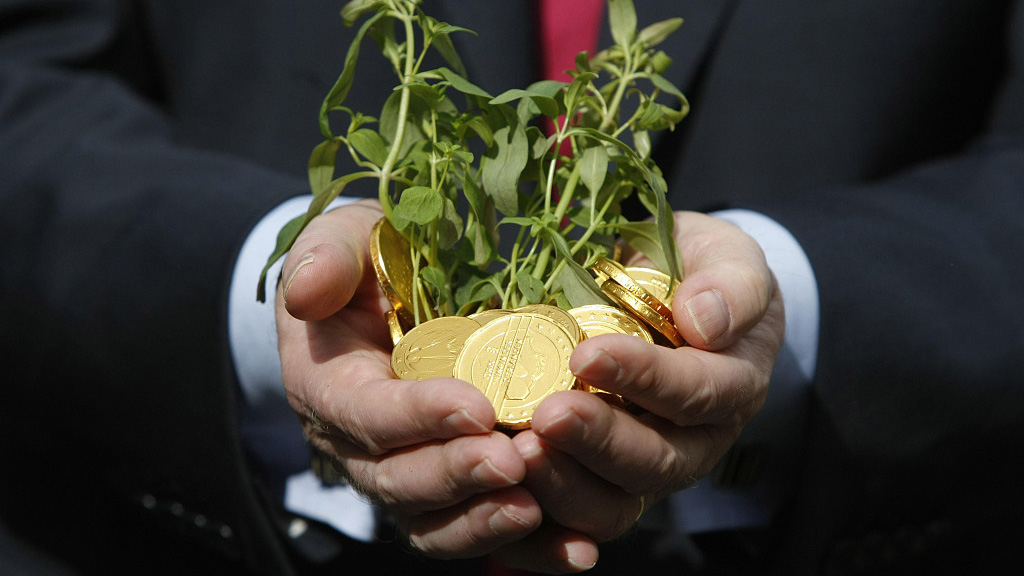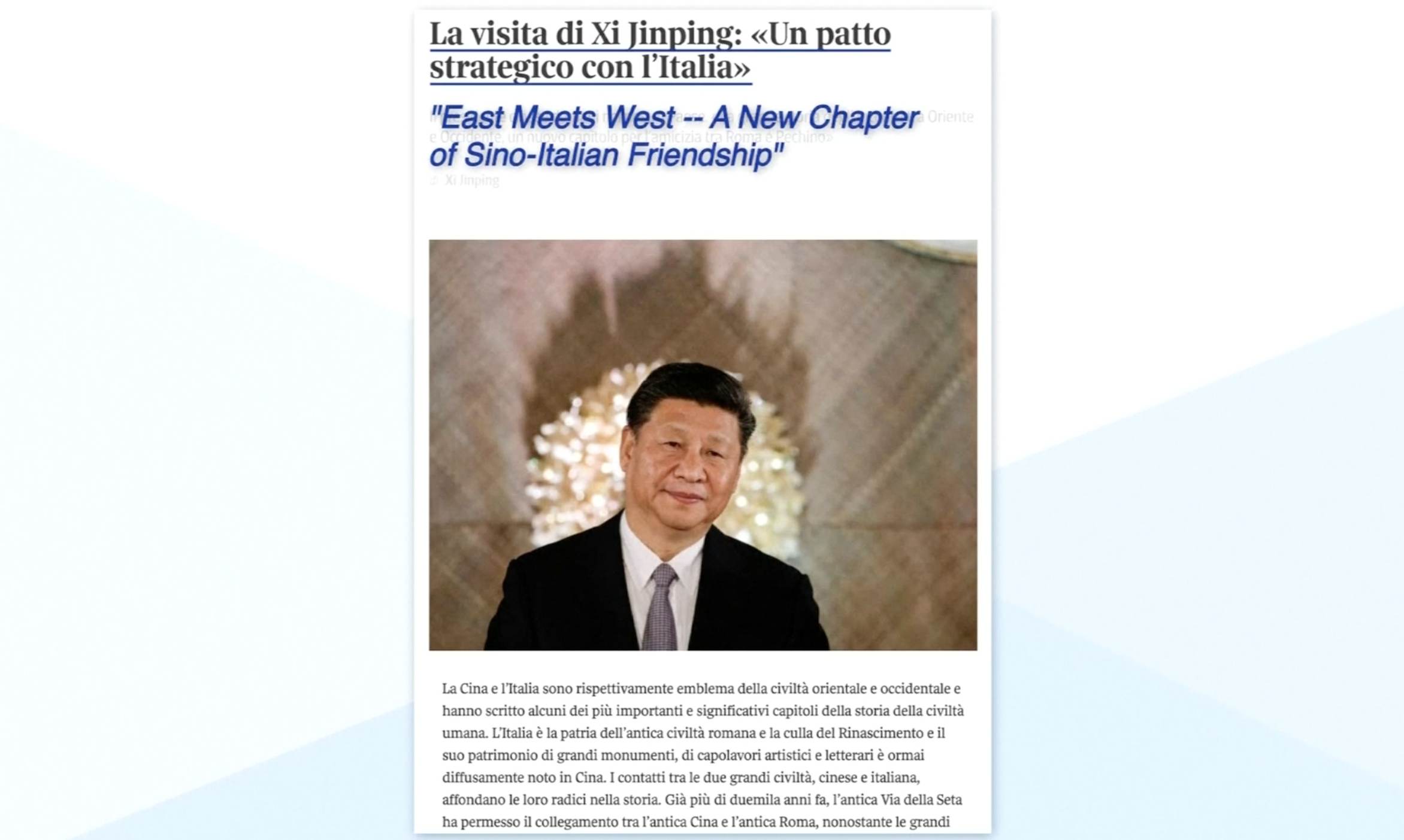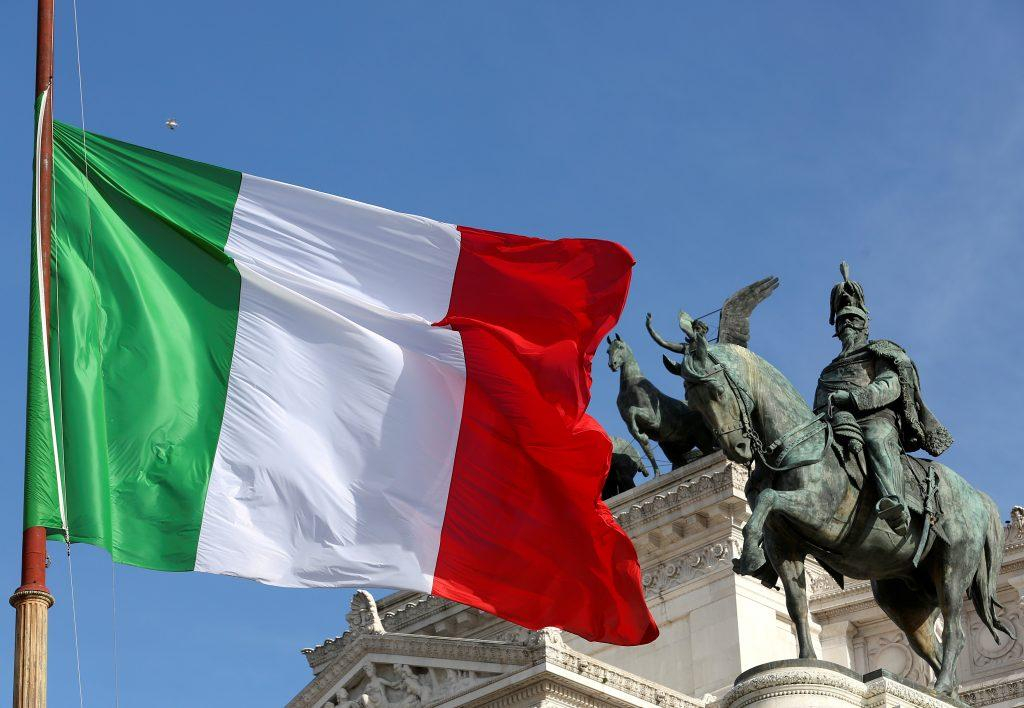
Europe
10:59, 22-Mar-2019
'A new era' for China-Italy ties
Updated
13:30, 22-Mar-2019
By Michal Bardavid
00:29

Chinese President Xi Jinping has arrived in Rome. The two-day state visit starting on March 22 is set to mark Italy's entry into China's multi-billion dollar Belt and Road Initiative (BRI) and may be a turning point, not only for Italy, but also for the region as a whole in the years to come. The move is historic as Italy will potentially become the first G7 country to support the project.
This could mean, a new gateway to European markets for China and a multi-billion dollar investment for Italy.
But there are some critics. The Italian Democratic Party has voiced concerns over potential future debts and repercussions. While western allies are worried about the influence and power that China might gain in the region, Italy's Prime Minister Giuseppe Conte stood firm and repeatedly stated that the agreements would be beneficial for Italy.
Conte said: "Obviously, the Chinese economy is a huge economy with huge potential even for Italian companies and as a government we believe that joining the BRI is important also because as a geographical location Italy is the natural terminal of the BRI."

Screenshot of Chinese President's Xi Jinping's signed article in Italy newspaper Corriere della Sera /CGTN Photo
Screenshot of Chinese President's Xi Jinping's signed article in Italy newspaper Corriere della Sera /CGTN Photo
Chinese President Xi shared the sentiment. Prior to his arrival, an article signed by Xi was published in the Italian daily newspaper Corriere della Sera. He stressed the visit would mark the beginning of a new era for Chinese-Italian ties… with a strengthened comprehensive strategic partnership.
In the article, Xi stated that the BRI is about connectivity as well and this creates a lot of potential for the development of Italian ports. He also emphasized China's hopes to promote closer people-to-people ties and to encourage cultural and tourism exchanges.
China intends to strengthen coordination with Italy in international affairs and multilateral organizations such as the UN, G20 and the World Trade Organization, the president noted.
Leaders of both countries have emphasized that increasing cooperation between China and Italy would create win-win opportunities for businesses of both sides.
In 2018, bilateral trade exceeded 50 billion U.S. dollars, but both leaders say this can be increased to a much higher level.
There are many industries that are open for collaboration such as logistics, infrastructure, energy, telecommunications and medicine.

The Italian flag waves in front of The "Altare della Patria" also known as "Vittoriano" downtown Rome, Italy, on March 23, 2016. /Reuters Photo
The Italian flag waves in front of The "Altare della Patria" also known as "Vittoriano" downtown Rome, Italy, on March 23, 2016. /Reuters Photo
Some analysts point out that the two countries also share many common values.
Matteo Giuliano Caroli, a professor of economics at Luiss University says China and Italy "share a strong commitment to environment, and you know green economy is developing a lot in Italy and it's an important industry, it's becoming an important industry, and we know that China is becoming more and more concerned to the environmental development and to find ways to develop the economy to increase in a sustainable way."
Potential Chinese investments in Italian ports have especially created a stir in Italy – with the Chinese president set to visit Sicily on Saturday signaling an agreement regarding ports may be on the table.
All eyes are now set on the leaders to see if China will indeed ink with Italy the MOU on the Belt and Road Initiative and make the official beginning of this "new era."
(Cover: Chinese and EU flags are seen in the airport upon Chinese President Xi Jinping's arrival in Rome, Italy, on March 21, 2019. /CCTV Photo)

SITEMAP
Copyright © 2018 CGTN. Beijing ICP prepared NO.16065310-3
Copyright © 2018 CGTN. Beijing ICP prepared NO.16065310-3